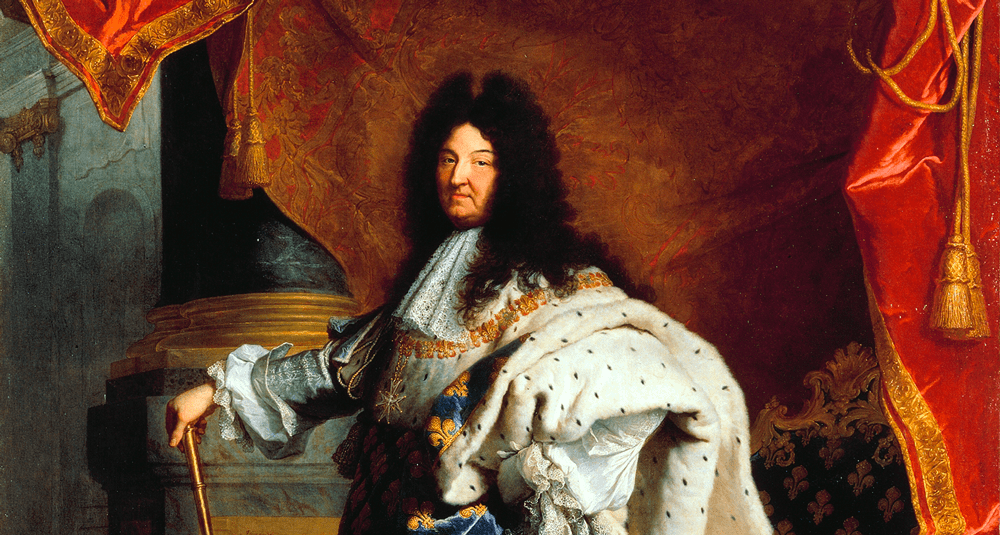How old was Louis XIV when he became king?
Last Updated:
Louis XIV, often referred to as “the Sun King” or “the Great”, is an emblematic monarch who left his mark on the history of France and Navarre. Reigning unchallenged from 1643 to his death in 1715, this king left an indelible mark on his century.
His great achievements
One of Louis XIV’s most enduring legacies is undoubtedly royal absolutism. He transformed the French monarchy into a regime in which the king’s power was uncontested and centralized. Under his reign, France also enjoyed unprecedented cultural influence, becoming the European benchmark for the arts, literature and philosophy. It’s no coincidence that Molière, La Fontaine and Lully were born during this period.
But if there’s one achievement that symbolizes Louis XIV, it’s the construction of the Château de Versailles. This sumptuous palace is not only a feat of architecture, it also represents the grandeur and ambition of the king. It is also a political tool, a place where the king can supervise his nobles and centralize power.
Finally, the revocation of the Edict of Nantes in 1685 put an end to almost a century of religious tolerance in France. While this decision consolidated Catholic power, it also had important social and economic consequences.
The difficulties of the reign of Louis XIV
The reign of Louis XIV was not without its difficulties. From the very first years of his reign, he had to contend with the Fronde, a series of revolts led by disgruntled nobles. Although he succeeded in putting down these insurrections, they were a first test of his political skill.
His territorial ambitions also led him to wage several wars against European powers such as Spain and the Netherlands. These conflicts, costly in human lives and resources, led to an economic and demographic crisis at the end of his reign.
Louis XIV was just a child when his father, Louis XIII, died in 1643. At four and a half, he was far too young to govern. It was against this backdrop that his mother, Anne of Austria, assumed the regency of the kingdom.
The role of the regent and Cardinal Mazarin
Anne of Austria, supported by her principal minister, Cardinal Mazarin, played a decisive role in this period of the young king’s life. Together, they attempted to maintain stability and order in a kingdom that was far from pacified.
The Fronde: a trial by fire
During this regency period, the kingdom was shaken by the Fronde, a series of noble and popular revolts that broke out between 1648 and 1653. These revolts seriously challenged royal authority, and plunged the young Louis XIV into a period of turmoil and uncertainty.
The beginning of a personal reign
It wasn’t until 1661, on the death of Cardinal Mazarin, that Louis XIV decided to take the reins of power into his own hands. He made a bold declaration: he would be his own Prime Minister. It was a turning point in his reign and in the history of the French monarchy.
The implications of this early reign
For Louis XIV, the personal exercise of power was not just a matter of ambition, it was also a necessity. Marked by the troubles and revolts of his childhood, he sought to assert a sovereignty that was both absolute and divine. He never again wants to depend on the forces that tried to undermine him in his youth.
history

How old was Louis XIV when he became king?
Answer
Louis XIV became king at the age of four. His reign lasted from May 14, 1643, under the regency of his mother Anne of Austria, to September 7, 1651, date of his death in 1715. His 72-year reign was one of the longest in European history and the longest in French history.